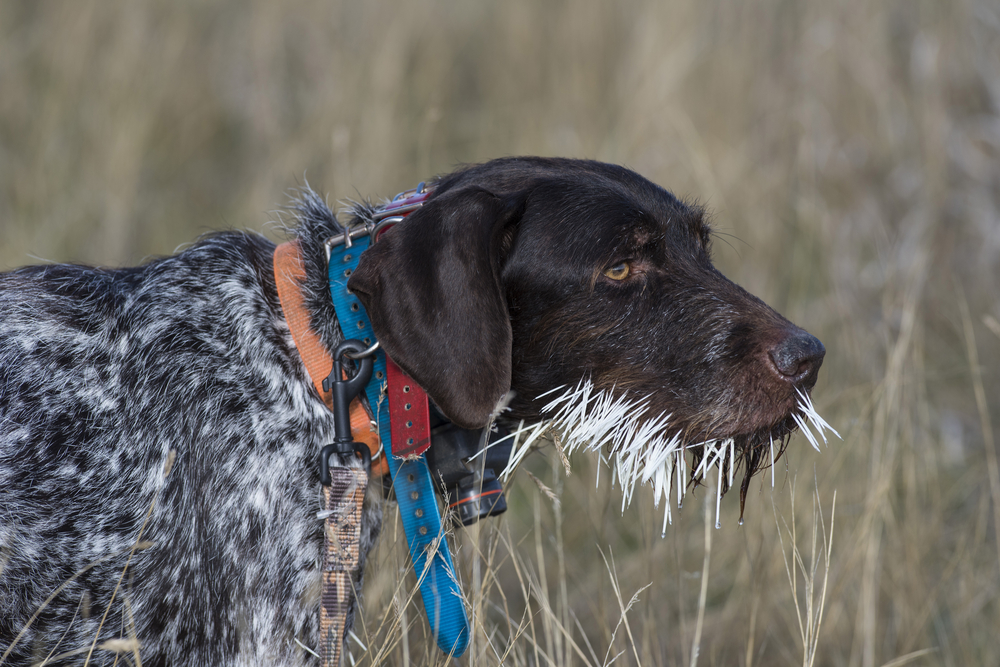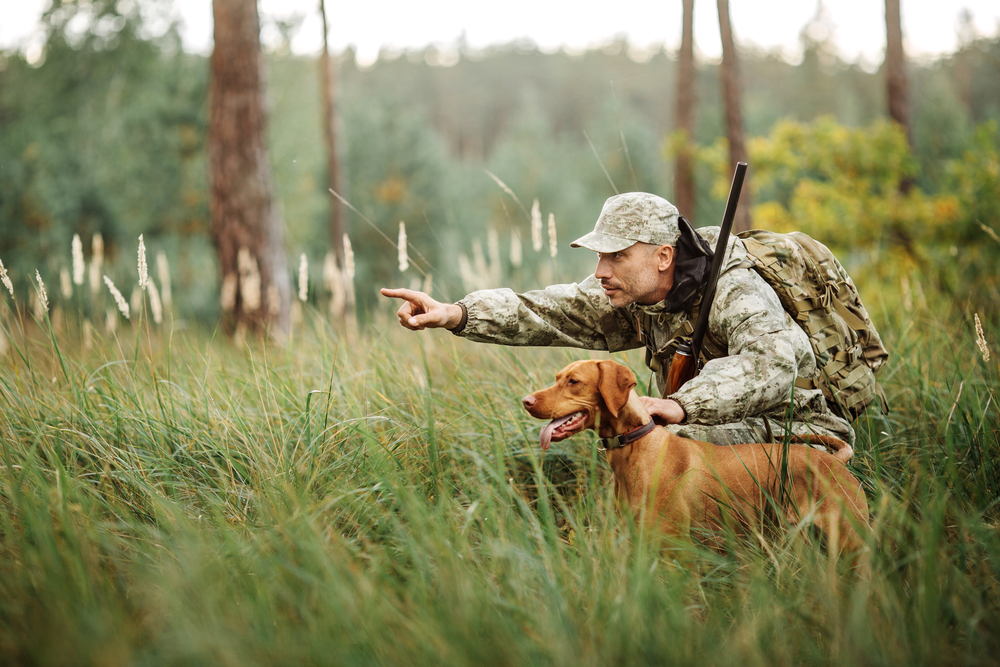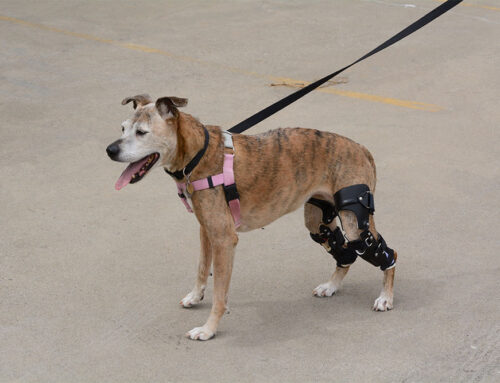Summer winding down and the gorgeous fall scenery that beckons may seem the perfect time to head outdoors with your pet for a long hike through the woods. While this is certainly a wonderful time of year to get outside, keep in mind that hunting season is ramping up. Pets—and their owners—may be mistaken for wildlife, so you must take proper precautions. Here are six safety tips you should follow during Livingston’s hunting season.
#1: Know the season that is occurring
Because Montana has such a wide variety of wildlife, numerous hunting seasons are allocated for each legal species. Additionally, during those overarching seasons are time periods when specific hunting weapons can be used. For example, most hunting seasons for a species begin with archery season, and then a gun season. Some species also have a trapping season, while others can be hunted with dogs. Knowing whether the season is for archery or guns is important because, for example, bows have shorter ranges than rifles.
Also, knowing which animals are in season is critical, so you can plan your walks around their habitats. For example, during waterfowl season, you should stay away from waterways. If you plan a hike in the middle of deer season, avoid thick bedding areas and the edges of grazing fields. Ideally, always walk in the open to provide area hunters with a clear visual, and always check hunting regulations before heading out.
#2: Keep your pet on a leash
Wide-open spaces are often tempting to unclip your dog’s leash and let them run free, but keep your pet at your side during hunting season. However, you can swap out a standard six-foot leash for a 50-foot-plus long lead to let your pooch sniff to their heart’s content. In wooded areas, you can switch back to a shorter leash to prevent your dog from becoming entangled in brush and trees, but ensure they are always leashed. Dogs often forget their obedience skills in the heat of the moment of a deer or elk fleeing past, and turning into a blur of brown fur can prove deadly during hunting season.
#3: Hike in the middle of the day
Now that the hot summer days are over, you can hike in the middle of the day—in fact, during hunting season, that time is preferred. Wild animals are typically most active at dawn and dusk, which makes these times of day the most dangerous. To avoid startling hunters or wildlife, walk your pet around lunchtime, and stick close to home early in the morning or late in the evening.
#4: Outfit your pet in orange
Although orange may not be your color, blaze orange adorns hunting clothes because of its long-distance visibility. Head to your local outdoor gear store, and stock up on an orange harness and leash for your dog, and a hat and shirt for yourself, before hitting the trails during hunting season. Hunters pick up on the smallest movement creeping through the trees and brush, so ensure you and your pet are clearly visible in your orange gear.
#5: Watch out for field dressing sites
After a wild animal has been harvested, a hunter will field dress the animal, meaning they will butcher parts to encourage a rapid drop in body temperature, to prevent bacteria from growing on the meat. When they field dress their harvested game, hunters will leave behind the internal organs, which can prove irresistible to predators and your pet. If you notice predator or scavenger species, you should avoid the area, because raw meat is likely present. Dogs who eat raw meat can contract a variety of viral and bacterial pathogens, so keep your pet well away.
#6: Pack a pet first aid kit

When hiking outdoors, accidents can happen, such as your pet running afoul of a sharp stick or a hidden trap. Be prepared for any incident by packing a pet first aid kit with all the essentials, such as those included in this comprehensive list by Orvis.
You should also keep your pet safe during the fall hunting season by ensuring they are protected against parasites and infectious diseases. Wildlife that is on the move before winter can bring fleas, ticks, and pathogens closer to your home, so protect your furry pal against these pests with preventives. Contact our Livingston Veterinary Hospital team for an appointment.







Leave A Comment